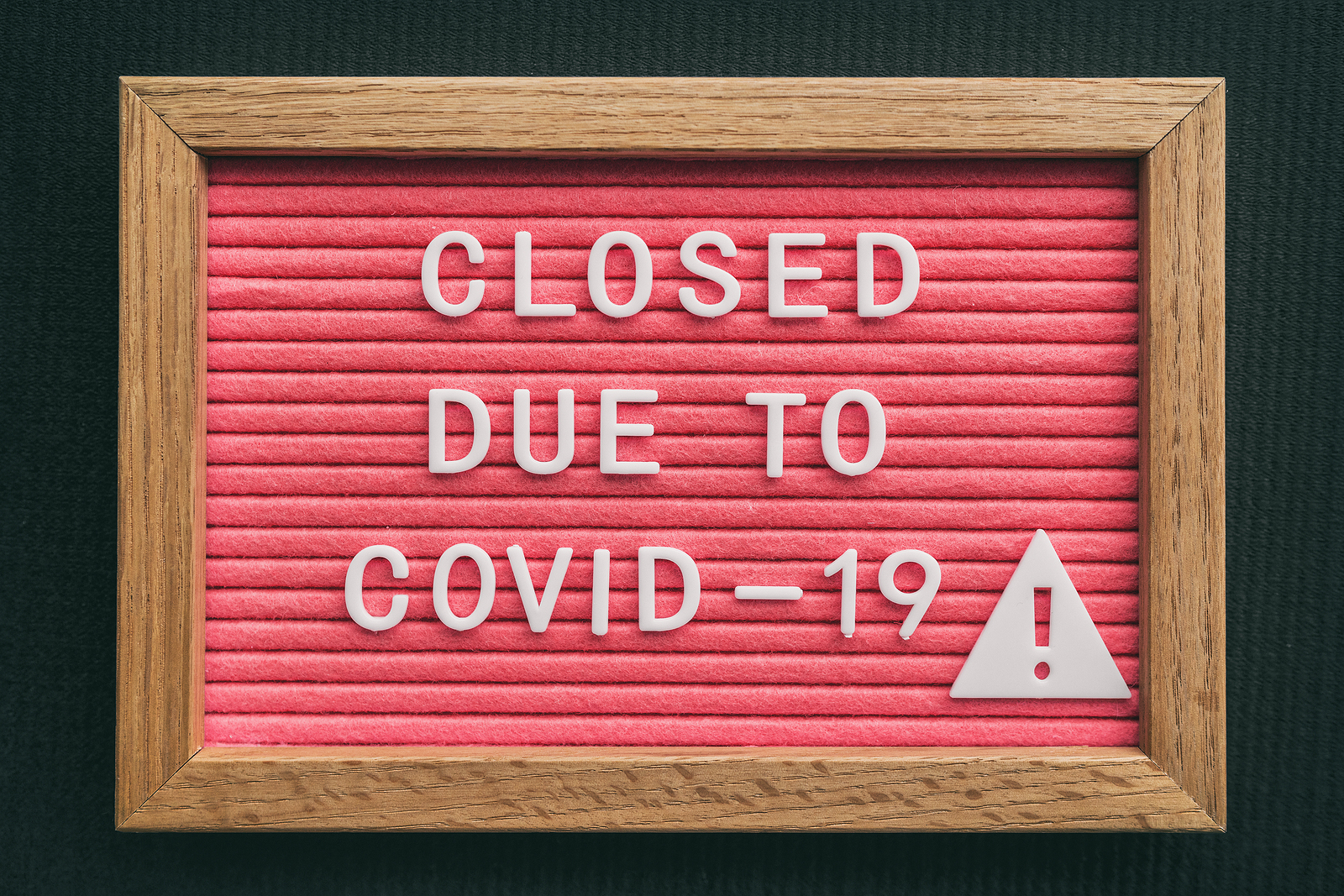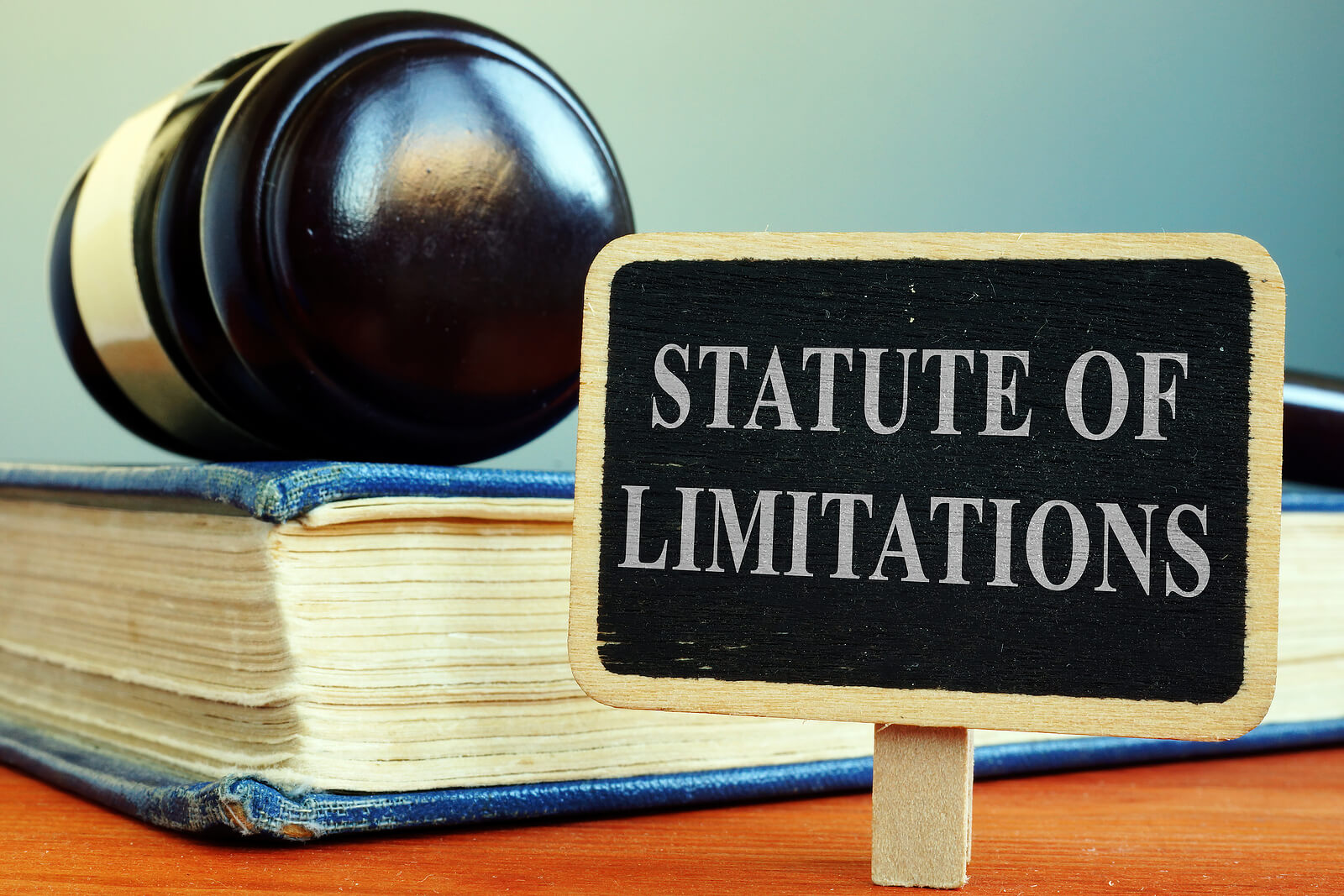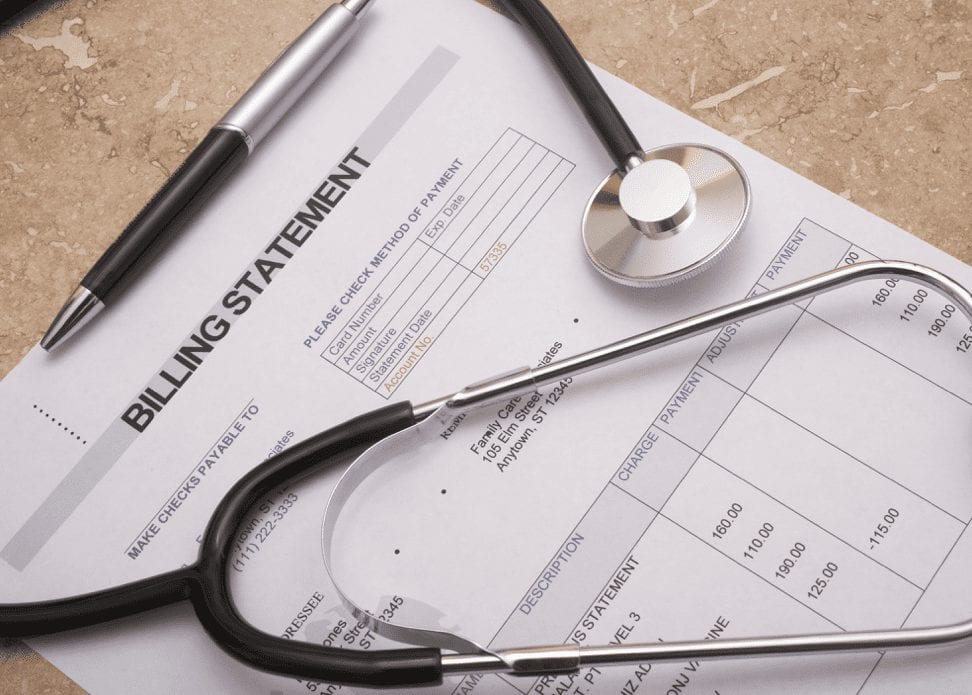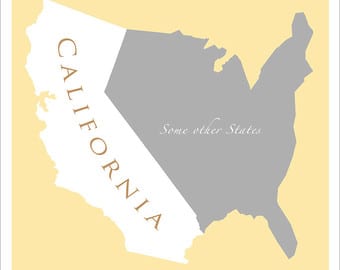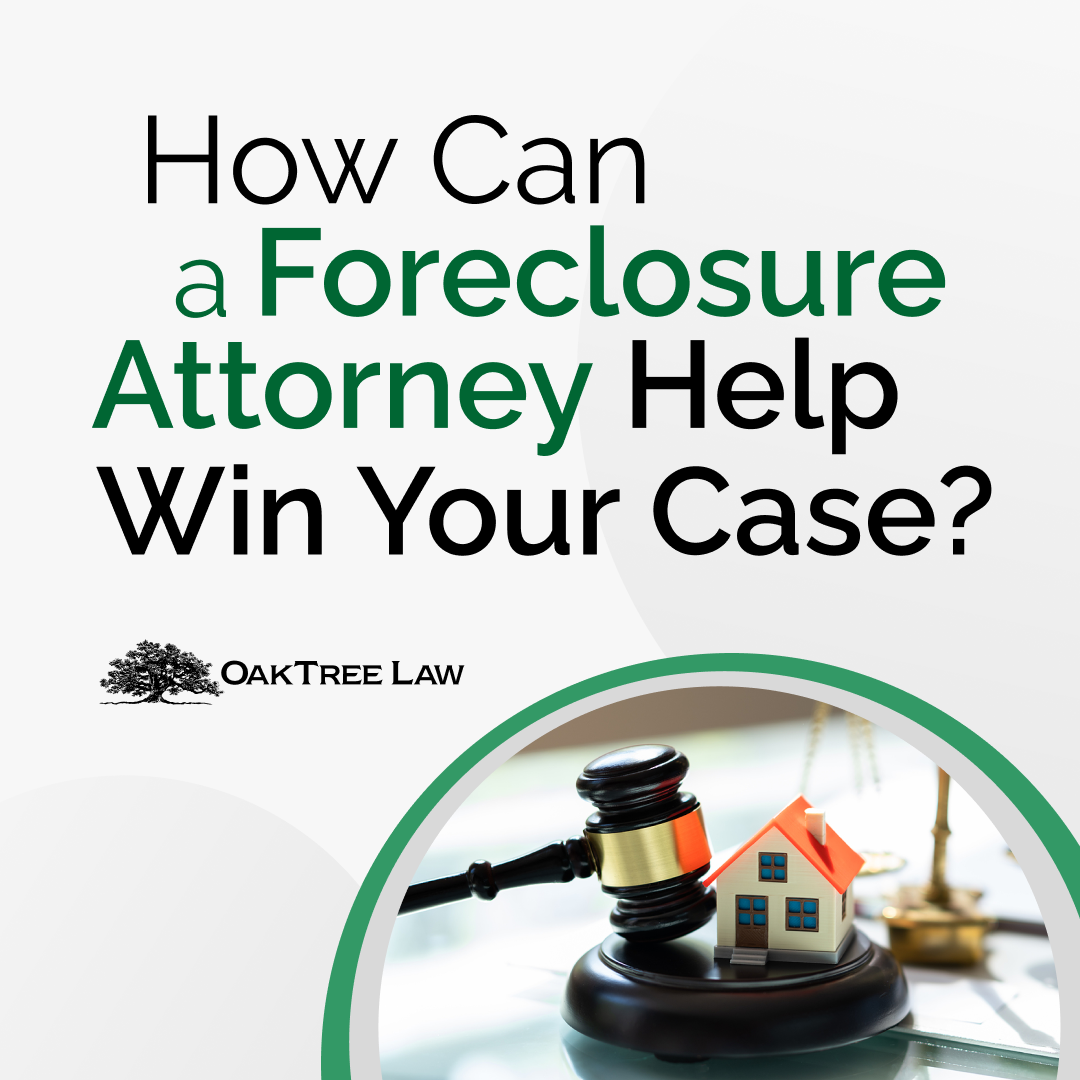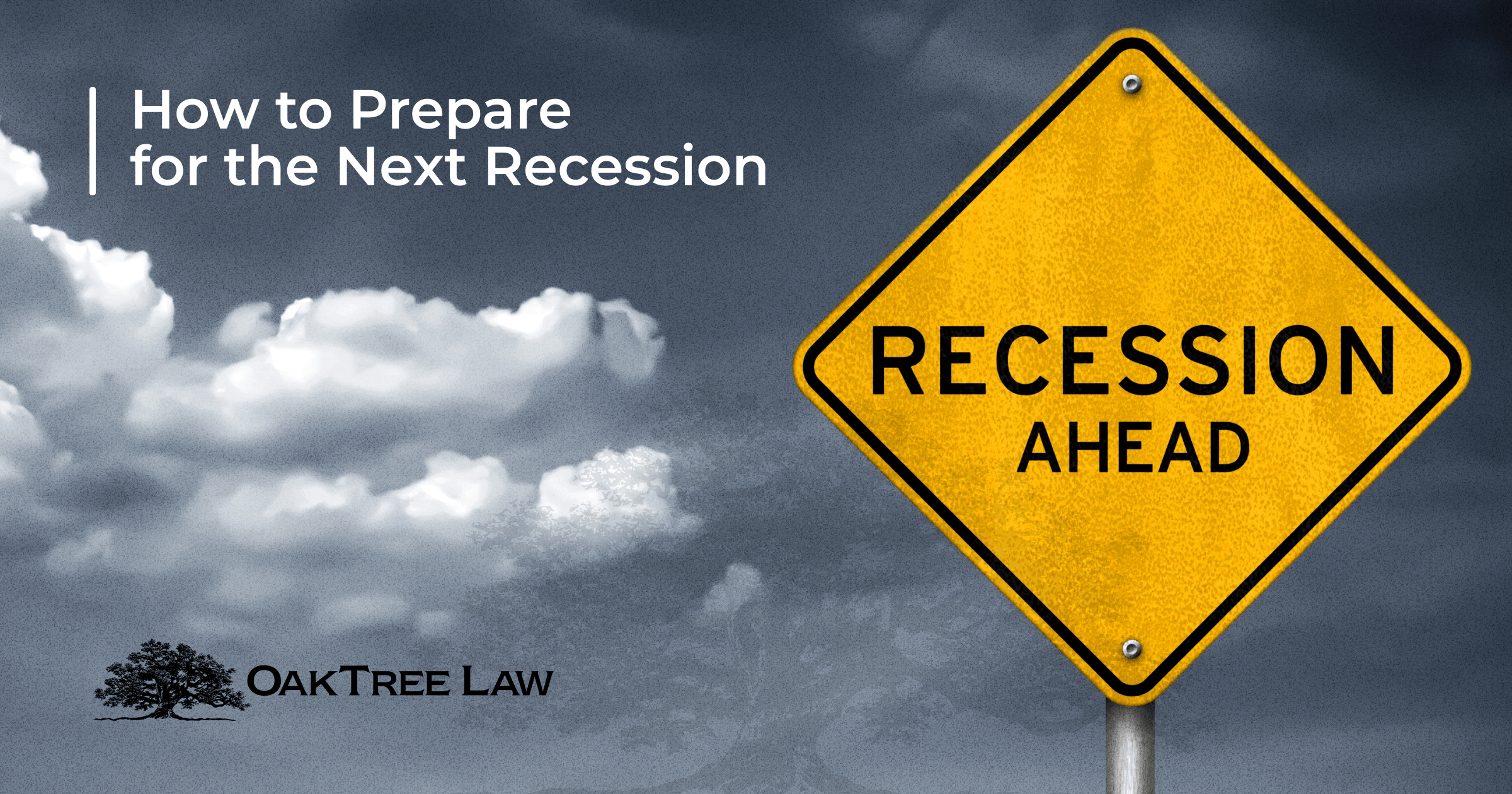The COVID-19 outbreak has led to economic difficulties that have affected many small business owners. As a result, many have turned to small business bankruptcy. If you are one of them, there are a couple of options to consider during this challenging time. Continue reading to learn more.
Chapter 11 Bankruptcy
If you want to keep your business running, a standard filing of Chapter 11 bankruptcy allows you to do so and create an agreement with creditors to reorganize your debt. This is a good step if your business is struggling but you want to continue operating, although it does require approval by a court and your creditors. In April, the number of filings rose 26% over last year.
Under Chapter 11, a creditor committee must be formed. Consisting of the seven largest unsecured creditors of your business, it will help create the reorganization plan and also monitor business operations. This process can be costly as you may need the help of attorneys and expert investigators who look at the business’s property, books, and records.
Chapter 11 has been traditionally complex and difficult for small business owners. It can take more than a year to finalize a reorganization plan after filing for bankruptcy.
Subchapter V
Subchapter V of Chapter 11 was created with the federal Small Business Reorganization Act of 2019. The Coronavirus Aid, Relief, and Economic Security (CARES) Act expanded the range of small businesses that can qualify for Subchapter V. Through March 26, 2021, businesses with up to $7.5 million in non-contingent liquidated secured and unsecured debt can qualify. With Subchapter V:
- The creditor committee requirement is eliminated.
- A debtor’s payments can be monitored by a bankruptcy trustee.
- Owners retain greater control over the business.
The proposed reorganization plan must be submitted within 90 days of filing and be approved by a judge who deems it fair and equitable. You must keep up with payments during the three- to five-year re-payment period while allocating disposable income towards repaying creditors. A range of financial disclosures must be submitted during this time as well.
Chapter 7 Bankruptcy
A Chapter 7, or liquidation bankruptcy, shuts down the business. It does not reorganize company debt. Instead, its assets are liquidated and distributed among creditors by a bankruptcy trustee. A business can file for bankruptcy under Chapter 7 if it does not qualify for Subchapter V relief. However, a closed business is not eligible for a Chapter 7 discharge, including one shut down by COVID-19.
Chapter 7 can result in a discharge of personal and business debt, so it’s often suited for sole proprietors. If a sole proprietor’s business is service-oriented, the trustee can decide whether the business can stay open if the operator is able to provide the labor, particularly if they have liability insurance.
Another option is to file for Chapter 13 bankruptcy. While this is for individuals only, sole proprietors may be able to use it under certain circumstances. However, small business owners may also decide to shut down their business and file for Chapter 7 bankruptcy as an individual. The option chosen depends on individual circumstances.
It’s important to note that bankruptcy law is rather complex. Therefore, you want to consult with a small business bankruptcy lawyer to review your situation and help determine the best course of action.
Contact OakTree Law
OakTree Law remains open and continues to serve clients during the coronavirus pandemic. A leading bankruptcy law firm serving businesses and individuals in Los Angeles, Orange County, and throughout Southern California, we help choose the right bankruptcy options and navigate the filing process. Contact us today to speak to a bankruptcy attorney and receive a free legal consultation.
